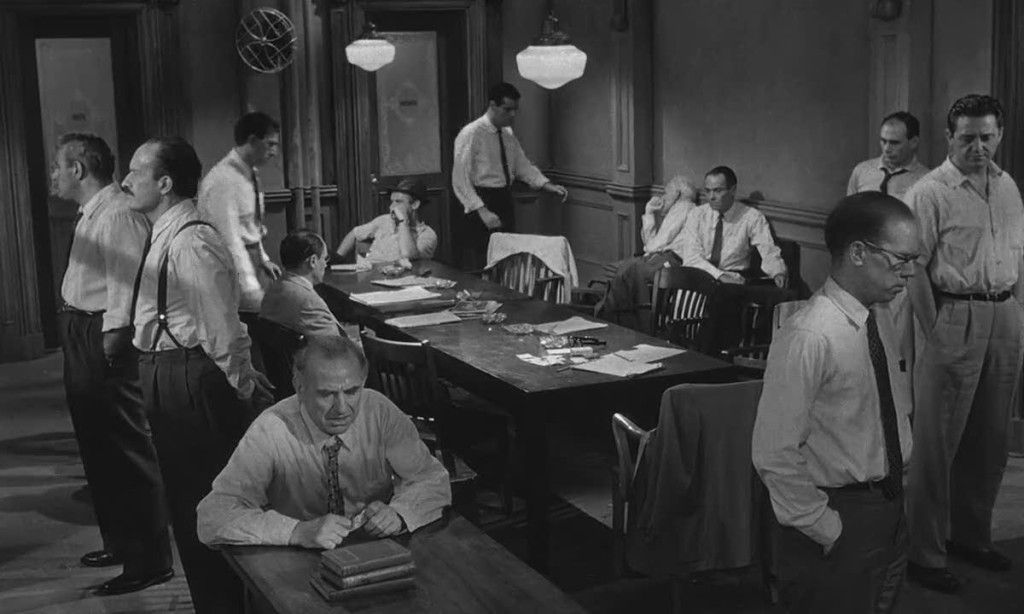
Have you ever just *known* a character? Like, really, truly felt like they were part of your life, even if they’re just pixels on a screen? It’s wild how some television personalities transcend their shows, embedding themselves so deeply into our collective consciousness that they become more than just characters – they become cultural touchstones, friends, even family members we invite into our homes week after week. They make us laugh, cry, think, and sometimes, they even challenge us to look at the world a little differently.
In the vast landscape of television history, a select few stand out, actors who delivered performances so compelling, so uniquely *them*, that their iconic characters are forever linked to their very names. We’re talking about those unforgettable individuals who didn’t just play a role; they *became* the role, crafting legacies that endure long after their final episode aired. It’s a special kind of magic, a blend of brilliant writing, impeccable acting, and that indefinable spark that just *clicks* with millions of viewers worldwide.
So, buckle up, TV fanatics, because we’re about to take a deep dive into the first half of a truly legendary lineup. Get ready to revisit some of the most memorable faces and unforgettable personalities that have graced our screens, characters who, for better or worse, have carved out a permanent place in the grand hall of television fame. These are the ones we’ll forever associate with their most iconic roles, the ones whose catchphrases and quirks are stitched into the very fabric of pop culture.
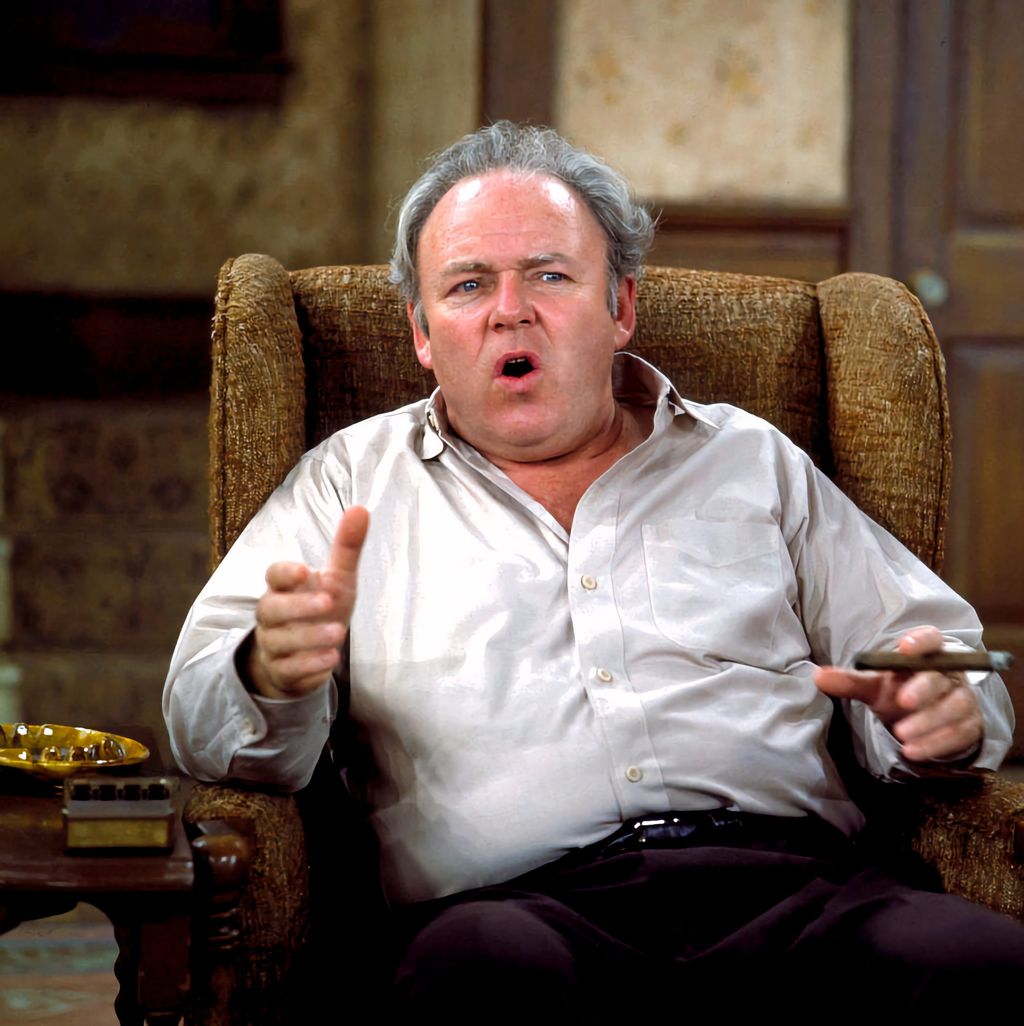
1. **Archie Bunker**: Even over five decades after he first graced our screens, Archie Bunker feels as relevant and impactful today as he did in his prime. This blue-collar family man, a brainchild of the socially conscious television creator Norman Lear, was designed to challenge and reflect the changing world around him, constantly striving – and hilariously failing – to maintain control over his little corner of existence. His stubbornness and old-fashioned views often put him at odds with the more liberal individuals in his orbit, creating a dynamic that was both frustrating and incredibly funny.
Despite his often controversial viewpoints and how some might simply label him a bigot or a racist, Archie remained genuinely beloved by both his on-screen family and millions of viewers worldwide. This unique affection stemmed from an underlying acceptance that, at his core, Archie wasn’t inherently a bad guy; rather, he was a man grappling to keep pace with the rapidly evolving times. His character became the undeniable centerpiece of “All in the Family,” bravely shining a much-needed spotlight on political issues and marginalized groups that were only just beginning to receive attention in the 1970s.
His enduring legacy is a testament to the show’s willingness to tackle tough subjects through the lens of a flawed but human character. Archie Bunker forced audiences to confront uncomfortable truths about society and themselves, proving that even a character who struggled with progress could become an iconic figure of television history. His presence alone ignited conversations and broadened perspectives, cementing his status as one of the most significant and endlessly fascinating characters to ever appear on the small screen.
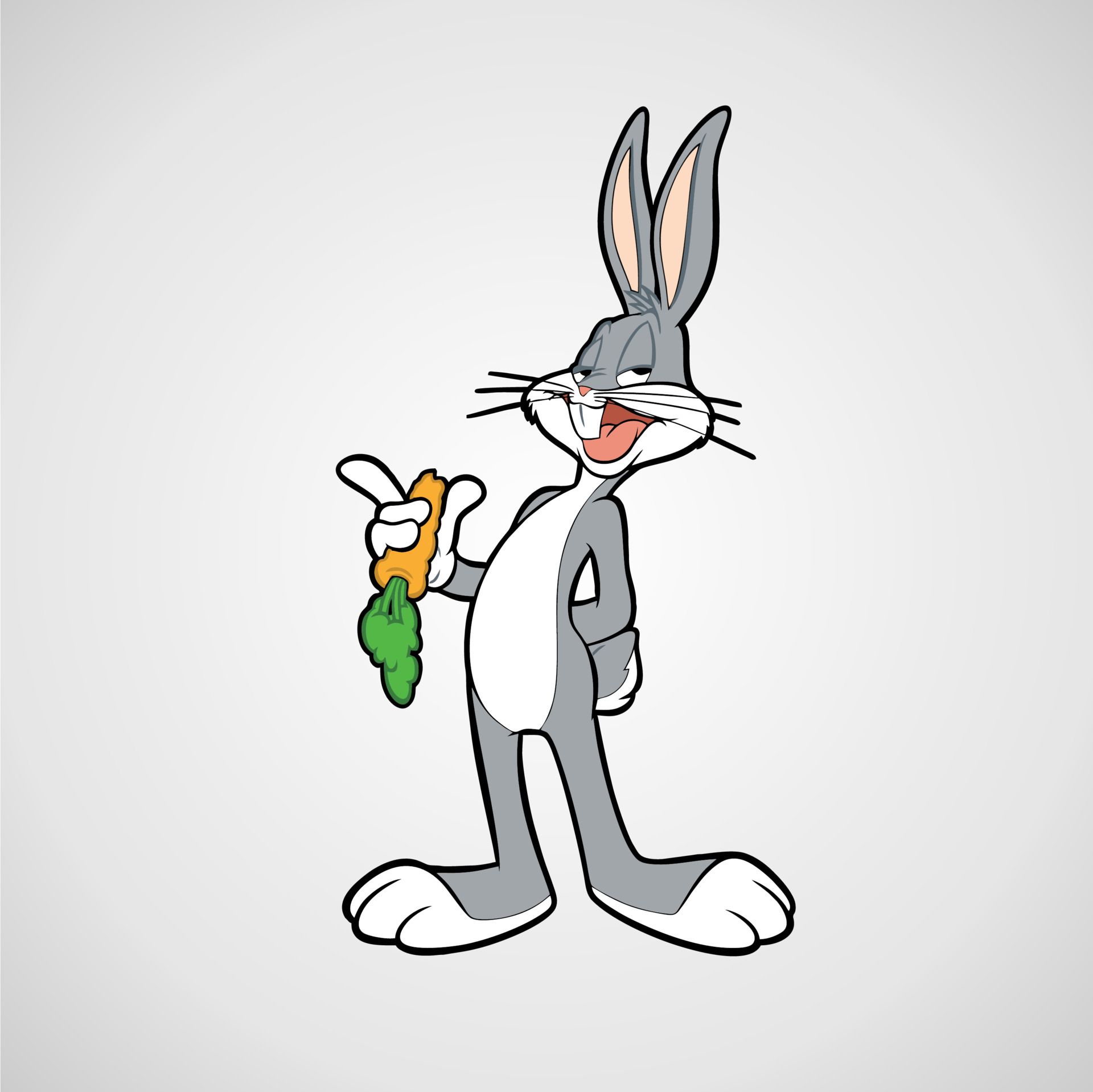
2. **Bugs Bunny**: Seriously, who hasn’t heard of Bugs Bunny? Just mentioning the name conjures images of that iconic gray rabbit, perpetually chomping on a carrot, with his signature greeting, “What’s up, doc?” While he’s rarely seen with an actual doctor, Bugs has been delighting audiences and delivering endless laughs since his inception in the 1930s. His longevity is a testament to his timeless appeal, making him a household name across generations and a true pillar of animated entertainment.
For the majority of his long career, Bugs has masterfully utilized his razor-sharp wit and uncanny intelligence to outsmart and evade virtually every adversary he’s encountered, with Elmer Fudd being perhaps his most famous foil. Audiences weren’t just captivated by his hilarious antics; they genuinely adored him for the sheer joy and unadulterated laughs he consistently provided. His ability to turn any situation into a comedic masterpiece, often with a mischievous glint in his eye, made him an instant classic and a consistent source of entertainment.
What truly set Bugs apart, especially in his early days, was his fearless approach to breaking the fourth wall – a narrative technique that was incredibly rare and groundbreaking for cartoons of his era. This direct interaction with the audience added another layer of charm and sophistication to his character, making viewers feel like they were in on the joke, part of his clever schemes. Bugs Bunny isn’t just a cartoon character; he’s an enduring symbol of cleverness, resilience, and unadulterated fun, cementing his place as an all-time legend of television.
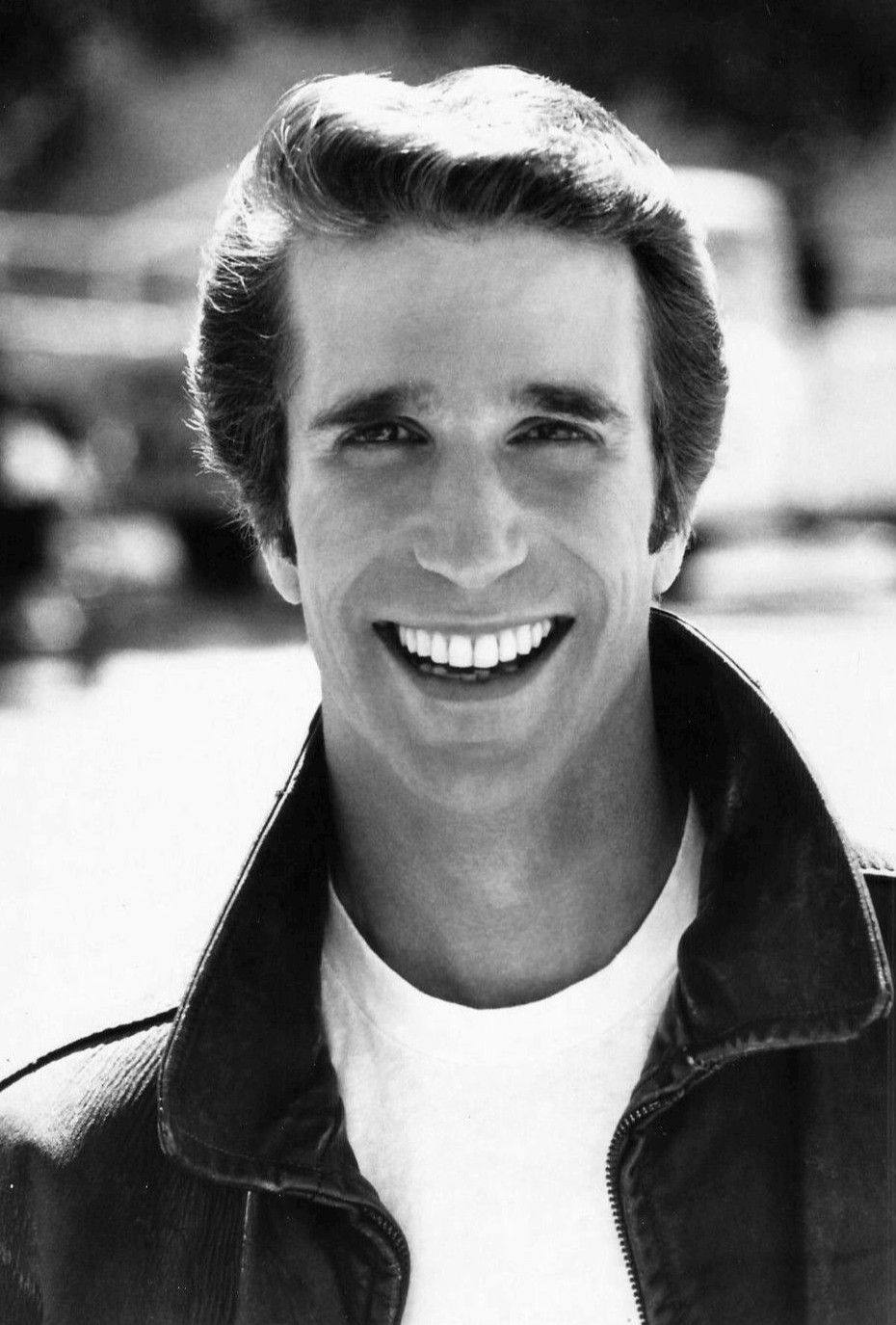
3. **Fonzie**: Arthur Herbert Fonzarelli, affectionately known as “Fonzie” or “The Fonz,” burst onto the scene in “Happy Days” and quickly became the absolute epitome of cool. With his iconic leather jacket, his slick motorcycle, and that effortlessly suave demeanor, he was simultaneously the envy and the object of desire for people everywhere. His look and confident attitude undeniably drew inspiration from the legendary James Dean, but Fonzie’s magnetic appeal transcended the simple notion of a “bad boy”; he possessed a depth and a heart that truly resonated with viewers.
Beyond the cool exterior, Fonzie proved to be a loyal and steadfast friend, especially to Richie Cunningham. No matter what challenges or disagreements arose, he was always there, offering guidance, support, and sometimes, just a simple, reassuring “Ayyy!” He demonstrated that even the coolest, most effortlessly stylish kids could still possess a profound sense of loyalty and a genuinely good heart. This blend of street smarts and genuine warmth made him an incredibly beloved figure, transforming him from a supporting character into the undisputed breakout star of the show.
And if his undeniable charm and memorable presence weren’t enough, Fonzie also inadvertently provided the genesis for one of television’s most famous and enduring sayings: “jumping the shark.” This phrase, which describes the moment a long-running show introduces a desperate, often absurd, plot device to maintain viewer interest, originated from a “Happy Days” episode where Fonzie literally jumped over a shark on water skis. It’s a hilarious and fitting testament to his monumental impact on pop culture, proving that Fonzie’s influence extended far beyond the confines of his fictional world.
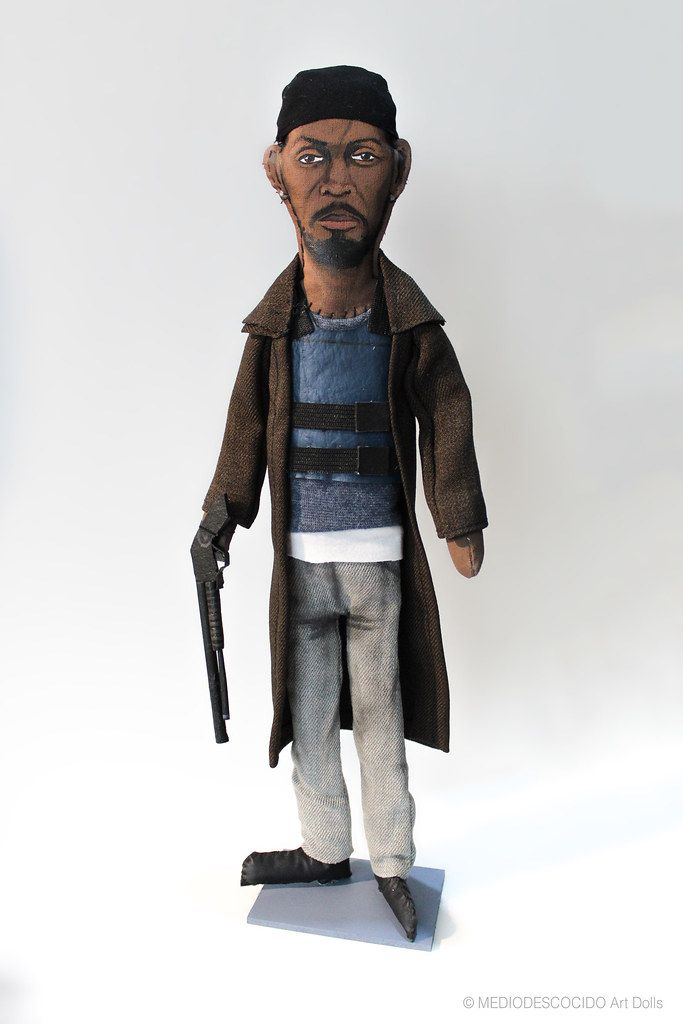
4. **Omar Little**: The brilliant writers of “The Wire” achieved something truly extraordinary with Omar Little, taking what could have been a conventional street criminal and transforming him into a captivating character through entirely untraditional means. Omar’s portrayal masterfully challenged the typical norms of heroes and villains, navigating the treacherous and morally ambiguous world of Baltimore’s drug trade with a distinctive personal code of ethics. He existed in a fascinating moral gray area, dancing deftly around the lines of right and wrong, always adhering to his own strict principles.
In a television landscape that often omitted, downplayed, or misrepresented LGBTQ characters, Omar stood out as openly gay and proudly authentic. This groundbreaking aspect of his character added an incredible layer of depth and realism, making him a beacon of representation and complexity. He was not defined by his sexuality, but it was an integral part of his identity, presented with respect and nuance, further cementing his status as a truly revolutionary figure in television history. His relationships and personal life were woven into the gritty fabric of the show with the same care as any other character.
Thanks to the absolutely incredible portrayal by the late Michael K. Williams, Omar Little became an unforgettable force on screen. Williams imbued the character with a quiet intensity, a formidable presence, and a haunting vulnerability that captivated audiences. Fans will forever associate Omar with the ominous whistle of “The Farmer in the Dell,” a chilling signature that announced his arrival and sent shivers down the spines of his targets, ensuring that his legacy as one of TV’s most compelling and groundbreaking characters will endure for generations.
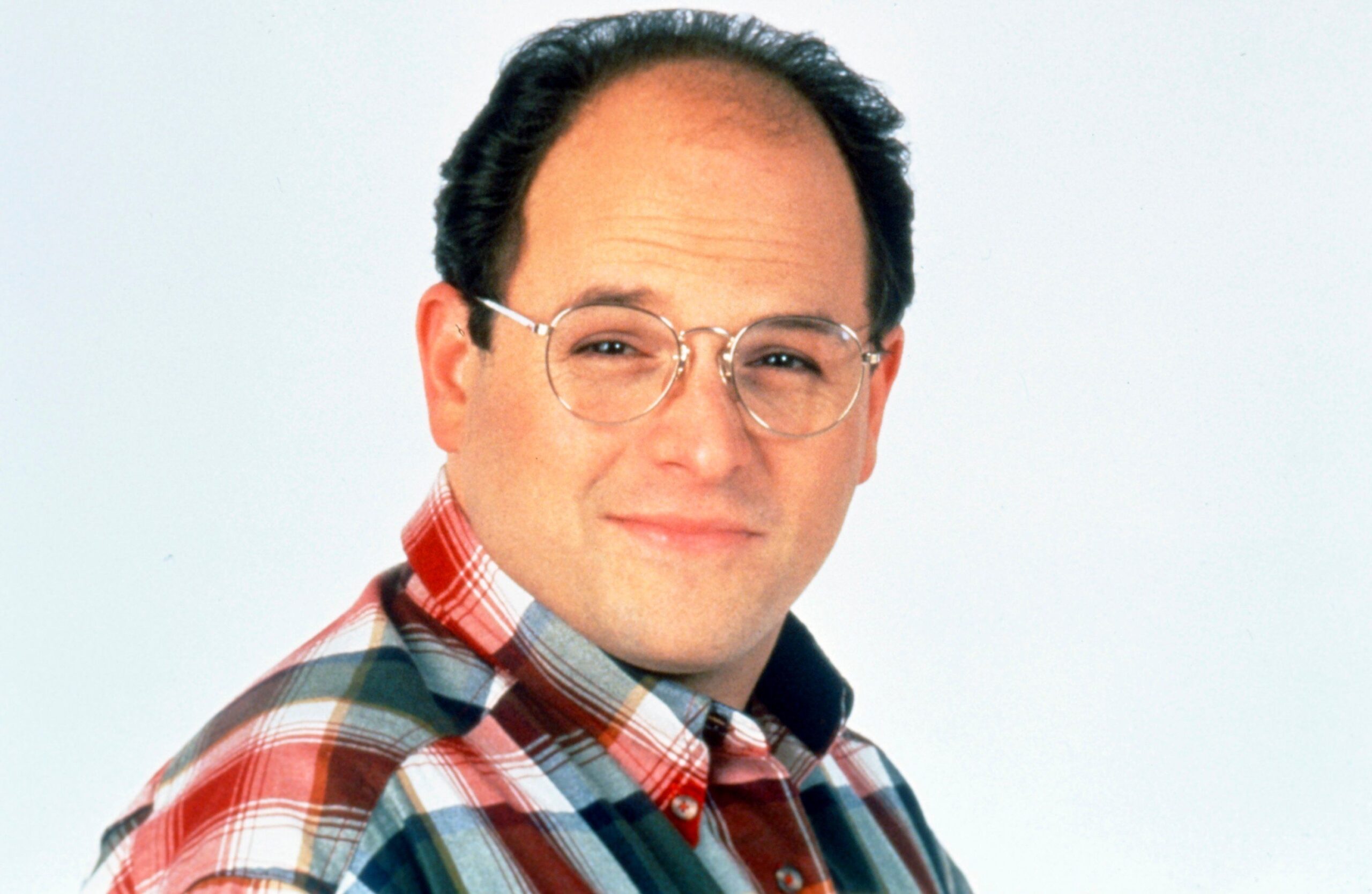
5. **George Costanza**: When you try to describe George Costanza, a flurry of seemingly negative traits immediately springs to mind: short, bald, undeniably lazy, prone to referring to himself in the third person, often consumed by self-loathing, and perpetually struggling to maintain serious romantic interests. Let’s not forget his notoriously unhealthy relationship with his parents or his masterful, almost pathological, ability to prolong a deception far longer than anyone else on this list. One can only assume he wasn’t quite this extreme when Jerry first met him, otherwise, their enduring friendship seems highly improbable!
So, with this seemingly endless list of negative characteristics, what was it that kept millions of us glued to our screens, watching his misadventures season after season? George was never going to win any congeniality contests, that’s for sure. Yet, it was precisely his outrageously flawed behavior and often absurd antics that proved so utterly hilarious to watch. Viewers were drawn in by the sheer unpredictability of his schemes and the cringeworthy situations he inevitably created for himself, making it impossible to look away.
His universal appeal lay in his relatability, albeit in a magnified, comedic sense. Who hasn’t, at some point, felt a touch of George’s cynicism, his desire for the path of least resistance, or his occasional, fleeting moment of self-awareness followed by immediate regression? He was a character who embodied the petty, neurotic, and often ridiculous aspects of human nature, amplified for maximum comedic effect. We never knew where his next ill-conceived plan would lead him, and that thrilling unpredictability ensured we wouldn’t miss a single moment of his wonderfully disastrous life, cementing George Costanza as an enduring icon of comedic television.
Alright, TV fanatics, if you thought the first five were unforgettable, prepare yourselves, because we’re not done yet! We’ve still got five more legendary figures who have etched their way into the very fabric of television history, proving that some characters aren’t just roles – they’re phenomena. From a time-traveling alien to a beloved yellow dad, a comedic queen, a mob boss with a heart (sort of), and the ultimate antihero, these are the characters who shaped our viewing habits and gave us countless reasons to keep coming back for more.

6. **Homer Simpson**: Alright, let’s talk about the absolute king of animated dads, the one and only Homer Simpson! Think about all the iconic animated breakout characters we’ve come to love over the years—from the mischievous Eric Cartman to the hilariously cunning Stewie Griffin—they all, in some way, owe their very existence to “The Simpsons.” But arguably, the biggest influence, the true north star for so many of these characters, is none other than the patriarch of the Simpson family himself, Homer. He truly paved the way for adult animation to be both hilarious and deeply resonant.
Who can forget Homer’s legendary obsessions? We’re talking about an unyielding love for beer, especially Duff Beer, and an insatiable craving for donuts! Coupled with his instantly recognizable, one-syllable catchphrase that has echoed through pop culture for decades, Homer stands out as one of the most unique fathers and husbands ever to grace our television screens. His almost unbelievable ineptitude seems to perpetually place him at the very epicenter of an endless barrage of chaos, yet somehow, he always bumbles his way through, often leaving us in stitches.
But here’s the thing about Homer that makes him truly special: despite all the outlandish antics and the constant comedic missteps that swirl around his orbit, absolutely nothing means more to him than his beloved wife and his three equally iconic children. Every single week, his hilarious shenanigans guarantee us a belly full of laughs, but beneath all the slapstick and catchphrases, there’s always a little tug at our hearts, reminding us of the genuine love and loyalty that grounds this wonderfully flawed character. He’s the perfect blend of absurdity and surprising sincerity.
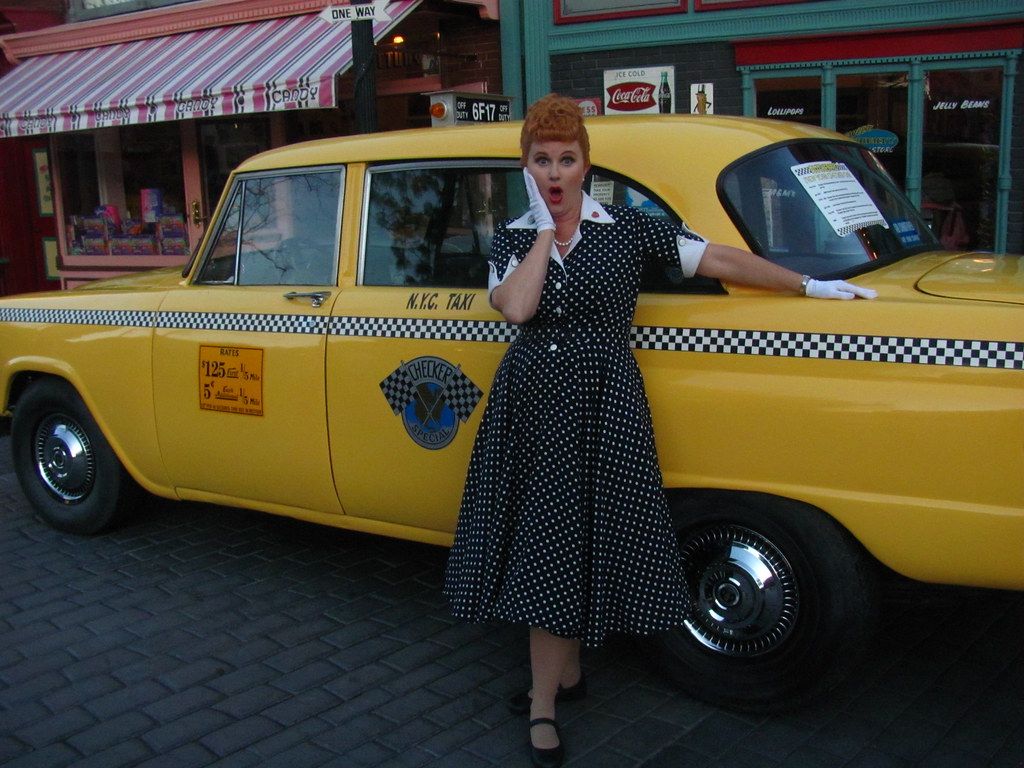
7. **Lucy Ricardo**: When it comes to the Mount Rushmore of TV comedy, you absolutely cannot have a conversation without dedicating a huge, shimmering spot to Lucy Ricardo. Seriously, we could probably write an entire book describing countless reasons why this character is not just memorable, but truly iconic, and how she unequivocally deserves her prime spot on the comedic podium. She was a force of nature, a trailblazer, and simply put, a genius.
If you ever want to see pure comedic magic, look no further than a single scene from season two’s “Job Switching,” often affectionately known as the chocolate factory episode. It perfectly encapsulates just how outrageously hilarious Lucy could be, even without saying much. The sheer brilliance of the physical comedy on display in that one sequence is the perfect, undeniable example of why Lucille Ball was, without a shadow of a doubt, a comedic genius. She wasn’t just playing a character; she *was* the character, embodying every frantic, wide-eyed, chocolate-stuffed moment with unparalleled skill.
Beyond the unforgettable physical gags, Lucy Ricardo combined her sharp wit with an uncanny ability to pull off the most expressive facial expressions. Pair that with the undeniable, spark-flying chemistry she shared with her costars, especially her real-life husband Desi Arnaz, and you had a recipe for television gold. She truly was, and forever will remain, the undisputed queen of comedy, influencing generations of performers and making us laugh until our sides hurt with her boundless energy and outrageous schemes.
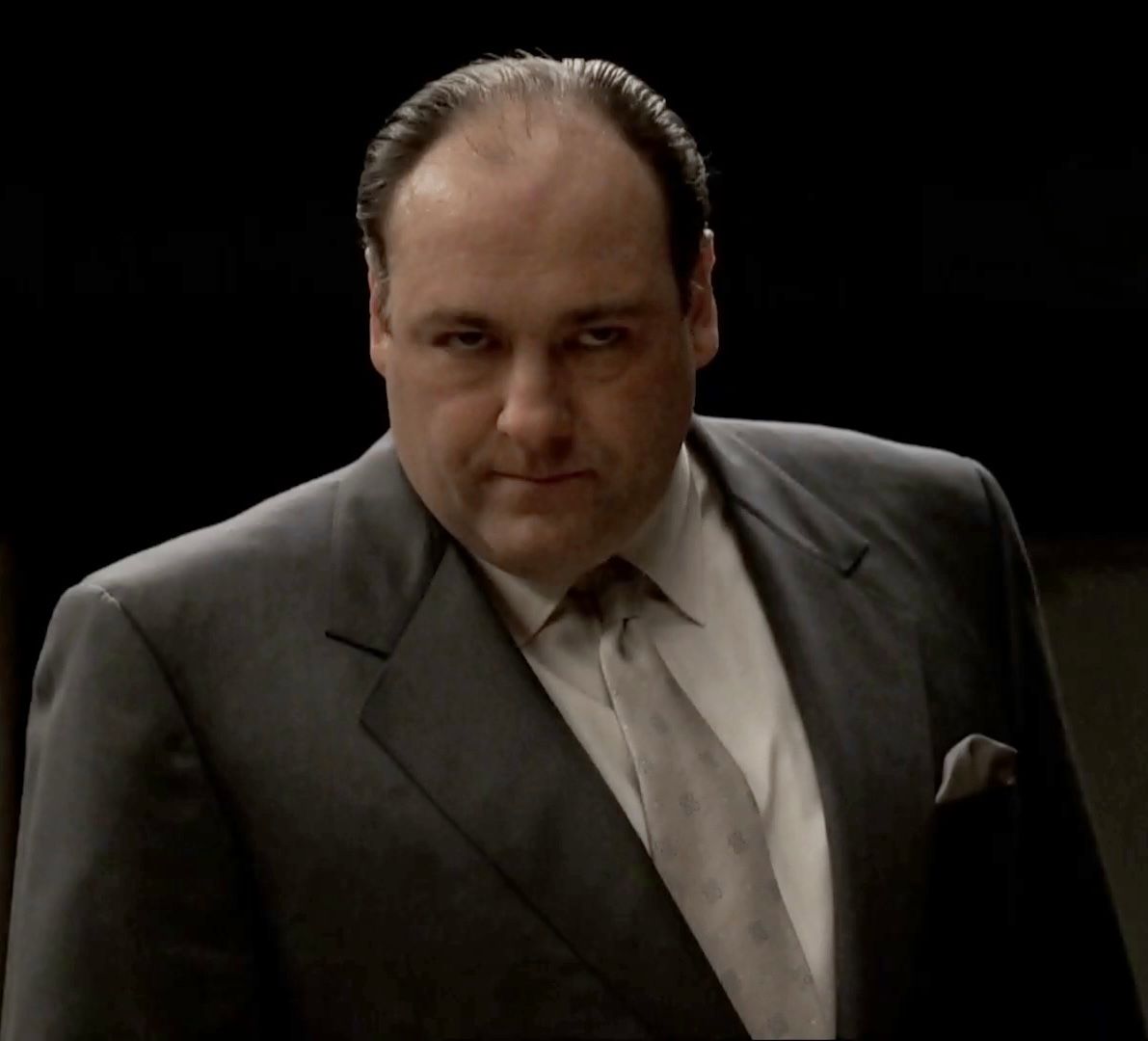
8. **Tony Soprano**: When you hear the word “mobster,” what images immediately spring to mind? For many of us, it’s probably those classic, larger-than-life figures inspired by cinematic masterpieces like “Goodfellas” or “The Godfather.” These characters are often portrayed as one-dimensional criminals, ruthlessly focused on illegal acts and violence to earn a dollar or exact brutal payback. But then, *boom!* Along came Tony Soprano, and suddenly, everything we thought we knew about mobsters got a serious, much-needed shake-up. He showed us just how incredibly complex and layered they truly are.
Tony Soprano bravely went far beyond the stereotypical, one-dimensional gangster we’d all come to expect on screen. This was a profoundly deeply flawed man, grappling with a myriad of personal demons, whose mental and physical health visibly took a toll on him throughout the series. The groundbreaking conversations he had with his therapist, Dr. Melfi, provided audiences with an unparalleled, real insight into the inner workings of a man who, without this unique narrative device, could have easily just been written off as one more mean, predictable crime boss. It was revolutionary storytelling.
It’s impossible to overstate the impact of James Gandolfini’s absolutely phenomenal portrayal. His performance brought an unprecedented level of depth, vulnerability, and raw power to a character like Tony, transforming him into a revolutionary figure in television. Tony Soprano didn’t just entertain us; he challenged us to think, paving the way for countless other complex, morally ambiguous characters that would populate the golden age of television to follow. He left an indelible mark, changing the game for good.
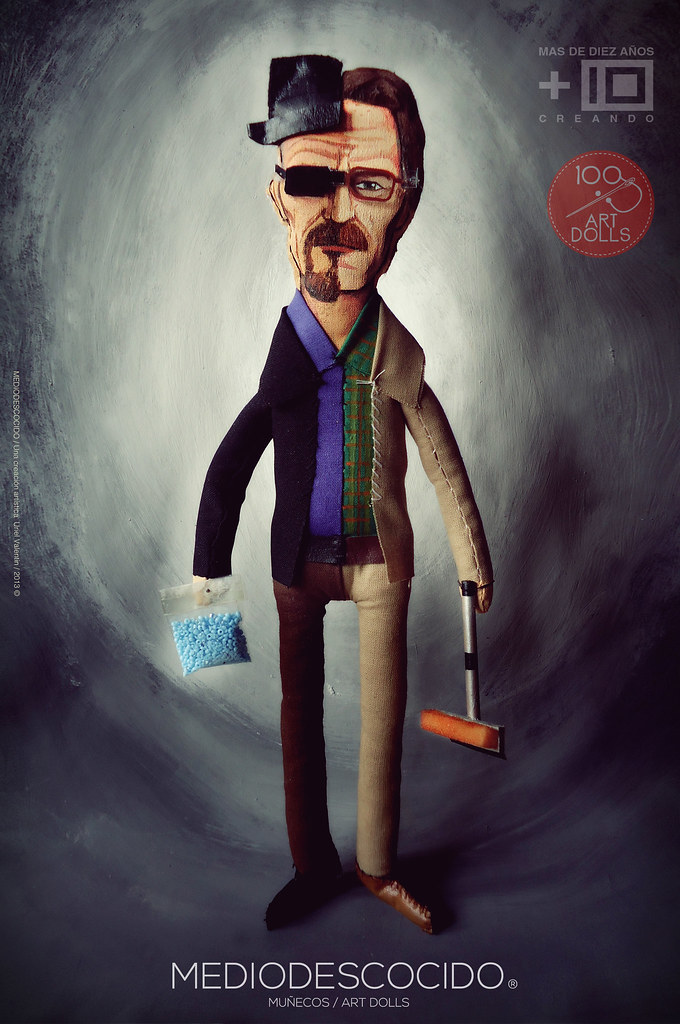
9. **Walter White**: Seriously, how often in the grand tapestry of television history do we get the privilege of watching a character transform so completely, so shockingly, from a seemingly good person into an undeniably bad one over the course of just five seasons? It’s a rare, powerful journey, and Walter White’s evolution in “Breaking Bad” is the ultimate example. He first entered the television ecosystem as an innocent, mild-mannered chemistry teacher, desperate to help his family, initially with the somewhat reluctant assistance of Jesse Pinkman. But oh, how things changed!
As the show brilliantly progressed, we watched, often with bated breath, as Walter gradually devolved into a powerful, ruthless drug kingpin. In a chilling display of self-deception and manipulation, he consistently used his terminal cancer diagnosis and his family’s supposed well-being as a convenient scapegoat for all his increasingly deplorable indiscretions and morally bankrupt choices. His journey from desperation to a terrifying grasp of power, fueled by his illness, became one of the most gripping character arcs ever seen.
Perhaps even more surprising, and frankly, utterly chilling, is how in the end, Walter finally confesses to Skyler about the undeniable enjoyment he derived from everything he did. It wasn’t just for his family; it was for *him*. He’s a character who comes full circle, accepting all that he became, despite how utterly deplorable it may have been to everyone around him. His famous line, “I am the danger,” perfectly solidified his place as one of TV’s greatest antiheroes. Walter’s chilling, gripping journey from “Mr. Chips” to “Scarface” isn’t just good television; it cemented him firmly into television history as a masterclass in character transformation and the duality of human nature, balancing the family man with the criminal mastermind.
So, there you have it, folks! Nine absolutely legendary TV characters who have not only entertained us but have also profoundly impacted pop culture, challenged our perspectives, and simply refused to be forgotten. They are the faces we remember, the voices we quote, and the stories we’ll keep revisiting for years to come. These characters prove that the magic of television isn’t just about what’s on the screen; it’s about the unforgettable personalities who leap off it and burrow into our hearts and minds. We literally can’t imagine TV without them, and frankly, why would we want to? It’s been an epic ride through television history, and these icons truly are the best of the best!”



